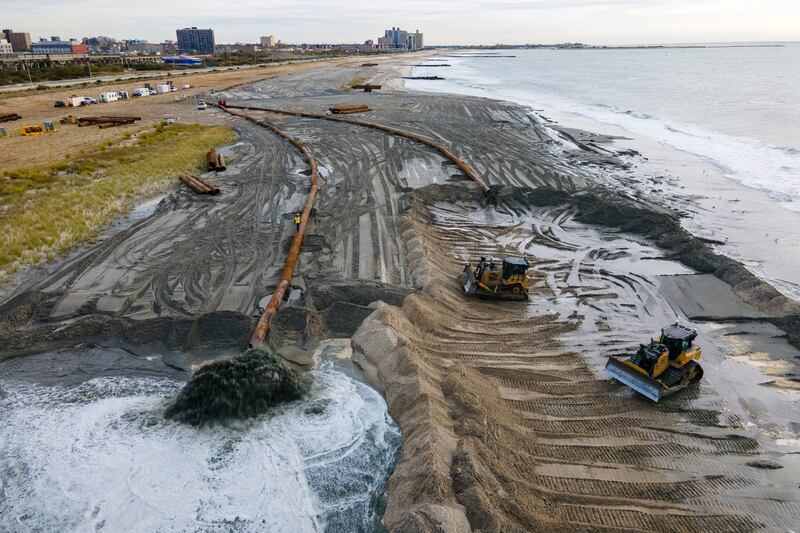Sea levels that have rapidly risen since 1900 are placing nearly 900 million people around the world at risk and in acute danger, according to the United Nations’ Secretary-General Antonio Guterres.
The Tuesday warning, according to an Associated Press report, came at the Security Council’s first-ever meeting on the threat to international peace and security from rising sea levels, with the leader warning even if the course of climate change was “miraculously” corrected, the risk remains.
In addition to threatened countries, Guterres said, “mega-cities on every continent will face serious effects, including Cairo, Lagos, Maputo, Bangkok, Dhaka, Jakarta, Mumbai, Shanghai, Copenhagen, London, Los Angeles, New York, Buenos Aires and Santiago.”
Guterres said the World Meteorological Organization released data Tuesday spelling out the grave danger of rising seas.
“Global average sea levels have risen faster since 1900 than over any preceding century in the last 3,000 years,” he said. “The global ocean has warmed faster over the past century than at any time in the past 11,000 years.”
He warned that such threats could lead to a “mass exodus of entire populations on a biblical scale,” adding that threat poses “dramatic implications” for global security, according to the Guardian.
What can help stop rising sea levels?
The secretary-general said countries must slash carbon emissions, address poverty, and create international laws in countries to protect those made homeless or “stateless” by sea levels rising.
“People’s human rights do not disappear because their homes do,” Guterres said. “Yes, this means international refugee law.”
A study published in Nature Communications on Tuesday by an international team of scientists shows that an irreversible loss of the West Antarctic and Greenland ice sheets, and a corresponding rapid acceleration of sea level rise, may be imminent if global temperatures are not stabilized to preindustrial levels.
“If we miss this emission goal, the ice sheets will disintegrate and melt at an accelerated pace, according to our calculations. If we don’t take any action, retreating ice sheets would continue to increase sea level by at least 100 cm (centimeters) within the next 130 years. This would be on top of other contributions, such as the thermal expansion of ocean water,” said co-author of the study, Axel Timmermann.
The study was reported on by SciTechDaily.


